After almost two years of virtual-only festivals (of which last year’s Sundance Film Festival was one of the most impressively and cleanly organized), it was looking as though Sundance 2022 could finally start to open its doors back up to in-person audiences again. Alas and alack, Omicron reared its ugly head with its high transmission rates and disturbing frequency of breakthrough cases, and Sundance’s planned hybrid model for the fest was kiboshed in favor of going full virtual again.
It’s a bummer for everyone involved — the first-time filmmakers hoping to show their debuts to an engaged crowd, the vendors and businesses in Park City who hoped for the fest’s annual traffic, and, naturally, the people who’d love to see movies in a theater without rolling the dice on their health. Still, if Sundance 2021 is any indicator, this year’s fest should still provide an engaging glimpse at the latest and greatest crop of films, even if it’s just from our couch.
The Spool is set to cover the fest with a barrage of interviews, dispatches, and full reviews throughout its run from January 20-30, but we couldn’t help taking a peek at some of the titles we’re most looking forward to. From bizarre body horror to tender relationship dramas, searing documentaries to rare opportunities for marginalized groups to tell their own stories, there’s a lot to get excited about at the fest (check out their full program here).
Let’s take a look at our ten most anticipated films of Sundance 2022. [Clint Worthington, editor-in-chief]
blood (U.S., dir. Bradley Rust Gray)
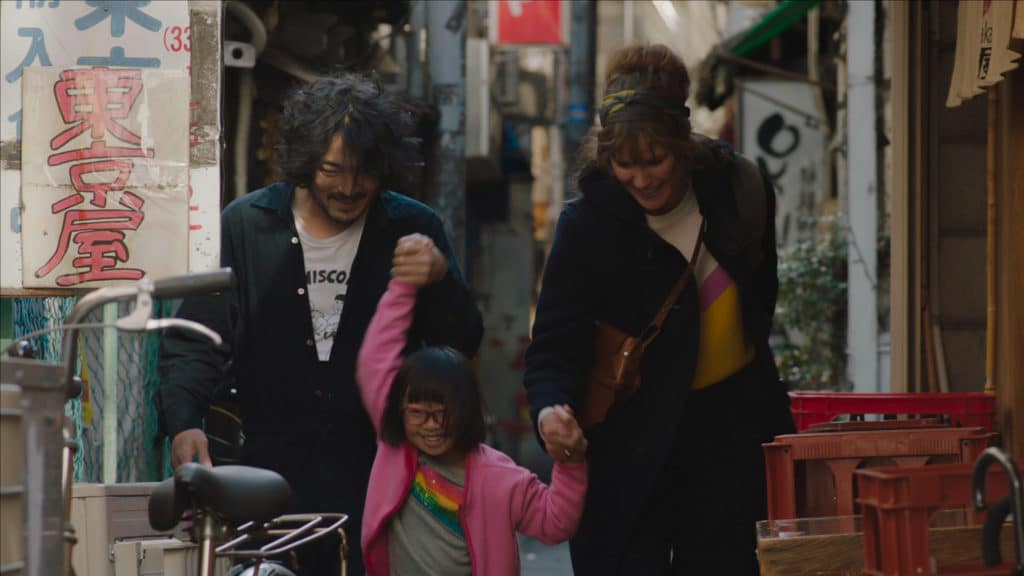
Love after loss is the painfully relevant theme of Bradley Rust Gray’s blood, in which a widow (Carla Juri) unexpectedly finds romance while on a trip to Japan. No ordinary love story, the film looks to address challenges both universal (allowing oneself to be vulnerable) and unique (language barriers). blood promises to be tender and moving, offering some hope in a time when hope is in very short supply. [Gena Radcliffe]
The Cathedral (U.S., dir. Ricky D’Ambrose)
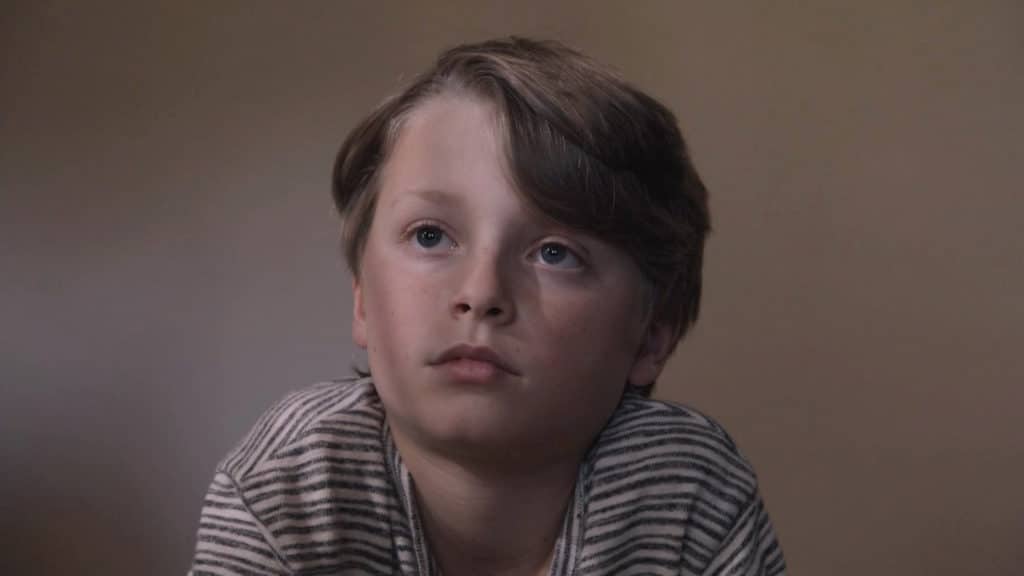
Ricky D’Ambrose’s semi-autobiographical drama focuses on a young boy’s life as his parents’ marriage crumbles. Set in the last 80s, The Cathedral doesn’t just portray the people, but the objects, places and moments that make up the boy’s experience, giving the film the intimacy and realism that other family dramas lack. [Gena Radcliffe]
Dual (U.S., dir. Riley Stearns)
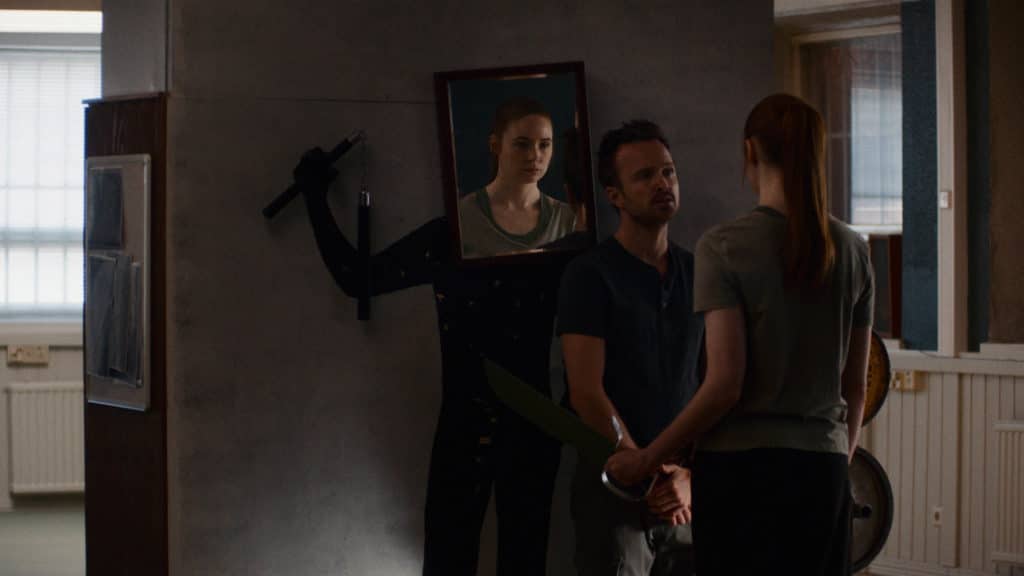
You’d be forgiven if the premise of Riley Stearns’ third film, Dual, sounds a bit like last year’s Apple Original Film Swan Song at first. After discovering she has a terminal illness, a young woman (Karen Gillan) undergoes an experimental procedure to clone herself, so that her friends and family don’t have to deal with her impending death. But what happens when you get better, and you don’t need that clone anymore? If Stearns’ previous films, Faults and The Art of Self-Defense, are any indicator, it’ll be a darkly comic look at our own personal insecurities, with some wild swings in between (hint: the film’s title is a bit of a play on words). [Clint Worthington]
Hatching (Finland, dir. Hanna Bergholm)
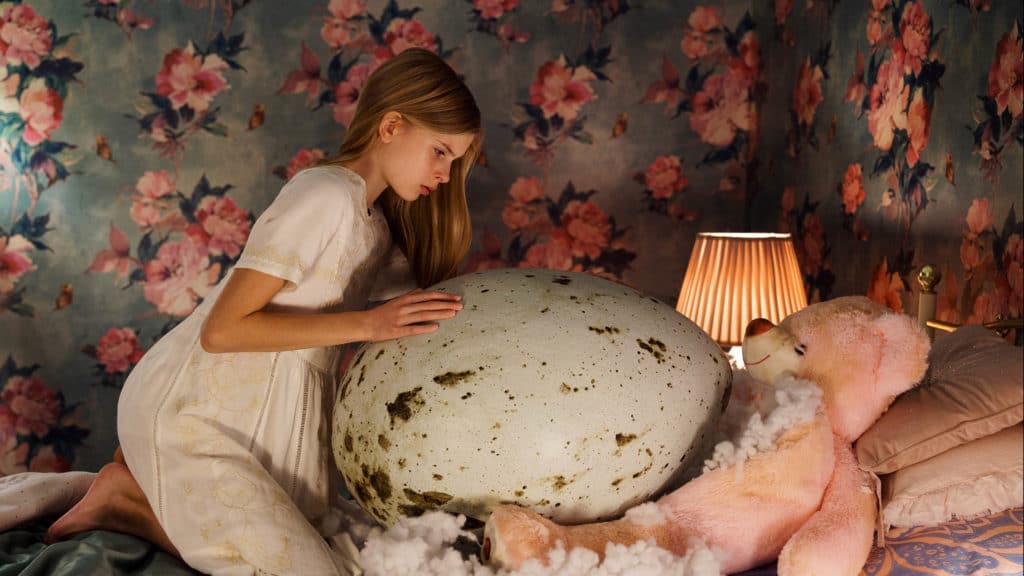
Influencer culture is skewered in this Finnish horror drama directed by Hanna Bergholm. Adolescent Tinja has long been a reluctant character in her Internet-famous mother’s blog, which presents a perfect, unattainable life for its readers that doesn’t reflect reality. When Tinja cares for a wounded bird, it eventually becomes a strange figure in her life, acting as both friend and surrogate child for the lonely girl. However, the dynamics of their relationship gradually become stranger and more menacing, in this dark tale that promises sharp satire, body horror, and intense weirdness. [Gena Radcliffe]
Framing Agnes (U.S., dir. Chase Joynt)
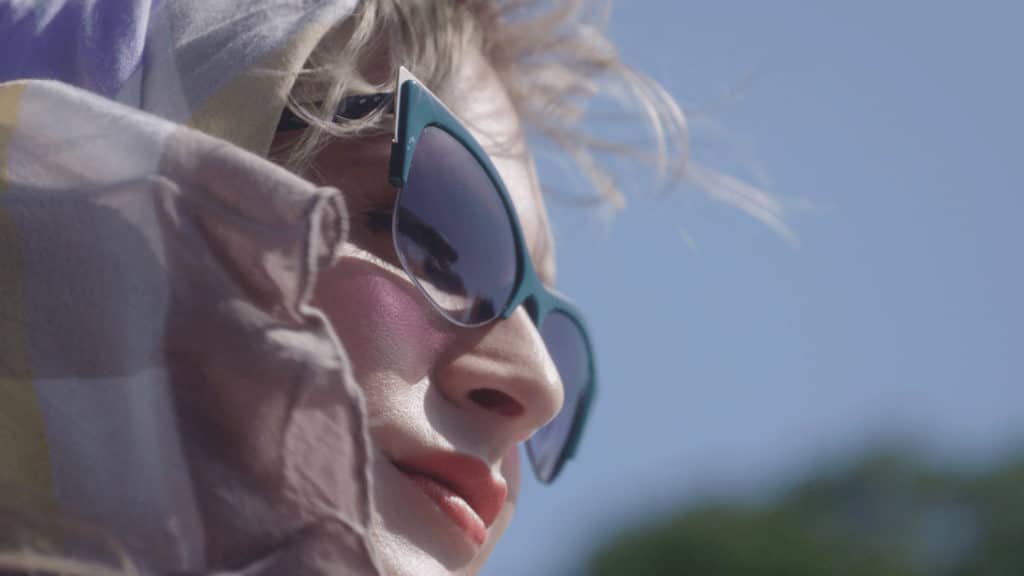
Expanded from his 2018 short, trans filmmaker Chase Joynt’s Framing Agnes is an anthropological look at the history of trans narratives, as filtered through the performance of the present. Much like his co-directed doc No Ordinary Man from last year, Agnes gathers a number of trans actors — including Pose‘s Angelica Ross, Jen Richards, and others — to reenact interviews from case files of a 1960s UCLA gender clinic, including Christine Jorgenson, one of the first highly-publicized trans women in American history. Together, Joynt and his cast (as well as trans historian Jules Gill-Peterson) interrogate the ways that trans people historically positioned themselves within broader cis society, and what they had to do to carve out peaceful, true lives for themselves. [Clint Worthington]
A Love Song (U.S., dir. Max Walker-Silverman)
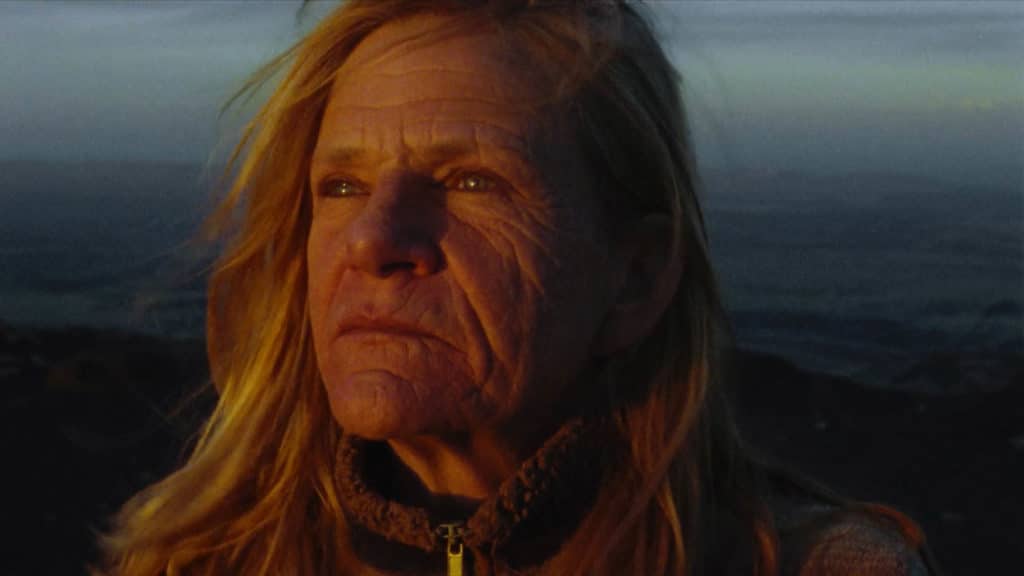
The love story portrayed in Max Walker-Silverman’s A Love Song isn’t an unusual one, just one that isn’t often portrayed on film. Faye (Dale Dickey), well into the second half of her life, lives on her own in the mountains, awaiting the arrival of Lito (Wes Studi), her childhood sweetheart. A sweet, low-key romance set against in the expanse of the West, Walker-Silverman’s feature debut offers career-best performances from acclaimed character actors Dickey (Winter’s Bone, Hell or High Water) and Studi (Dances With Wolves, Reservation Dogs), and the bittersweet taste of nostalgia. [Gena Radcliffe]
Meet Me in the Bathroom (U.K., dir. Dylan Southern & Will Lovelace)
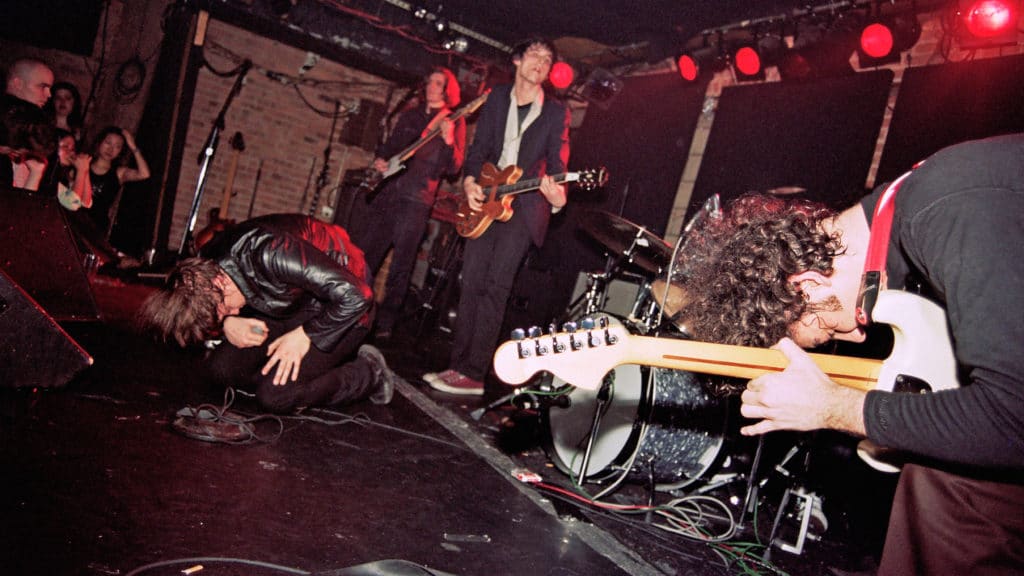
The late ’90s now seem like such a quaint, carefree time, where the only thing anyone had to worry about was what the President was doing with his cigars. The world had moved on from considering New York City to be the epicenter of everything that was cool, despite the fact that a renaissance period in alternative rock was on the near horizon. Meet Me in the Bathroom, a documentary based on Lizzy Goodman’s book of the same name, chronicles the underground music scene of that era, including LCD Soundsystem, The Moldy Peaches, and the Yeah Yeah Yeahs, just before a little band called The Strokes broke it all wide open. [Gena Radcliffe]
Something in the Dirt (U.S., dir. Justin Benson and Aaron Moorhead)
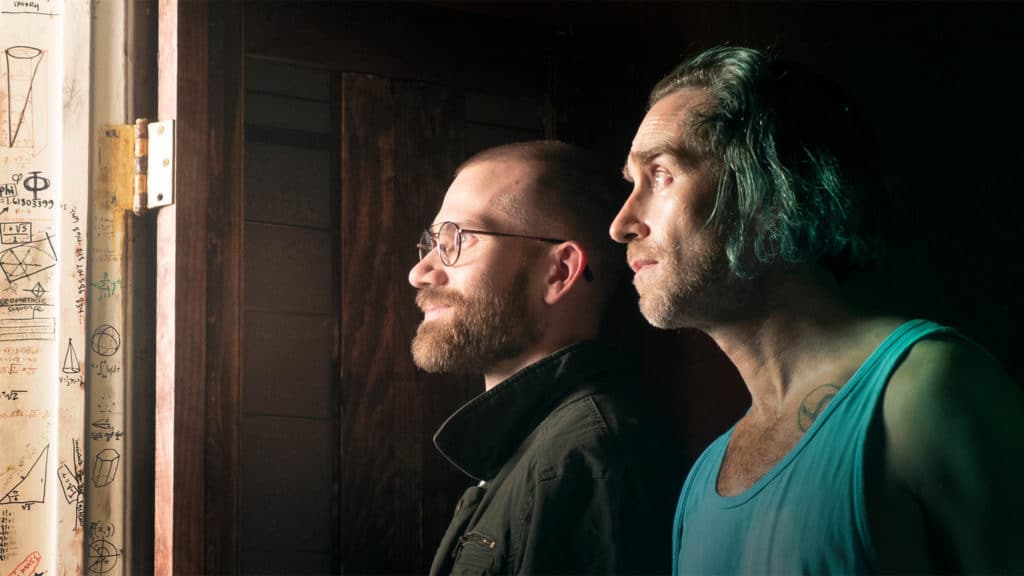
Between Spring, The Endless, Synchronic, and episodes of shows like Archive 81, Justin Benson and Aaron Moorhead are two of the most exciting genre directors around, making interesting use of special effects on an indie budget. Their latest, Something in the Dirt, sounds like exactly the kind of thing the pair would cook up during a pandemic: Two neighbors (Benson and Moorhead) start seeing all kinds of spooky happenings in their LA apartment building, and decide to start documenting them. But along the way, they peer a bit too deeply into the unknown, and their sense of reality — not to mention their friendship — begins to unravel. [Clint Worthington]
Speak No Evil (Denmark, dir. Christian Tafdrup)
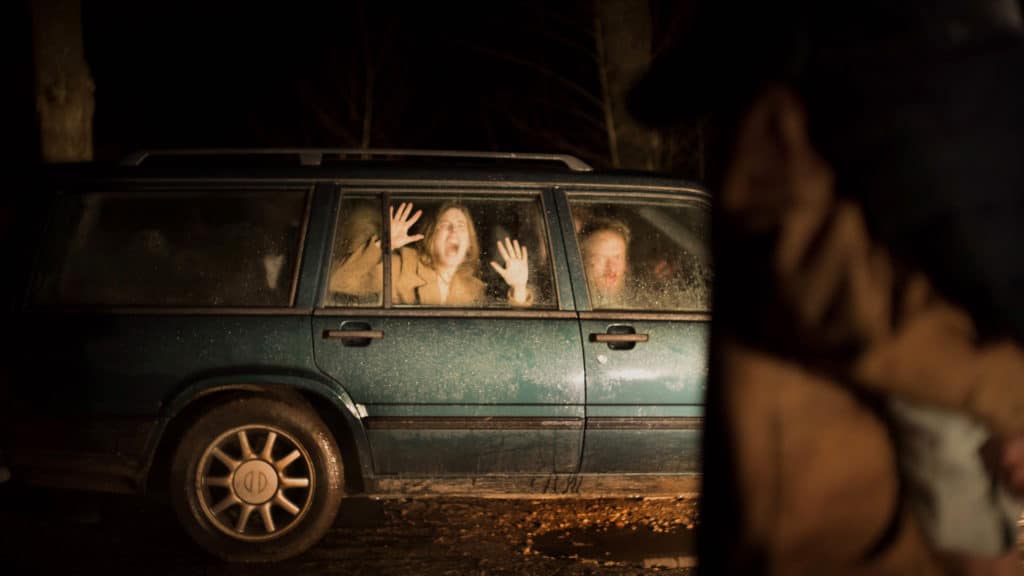
Two families meet on holiday, and one’s attempts at remaining polite in the face of increasing weirdness leads to horrifying results in Christian Tafdrup’s Speak No Evil. Part of Sundance’s Midnight lineup, it’s a dark satire about class differences and keeping up appearances, and anticipated to be one of the surprise indie horror hits of the year. [Gena Radcliffe]
Tantura (Israel, dir. Alon Schwarz)
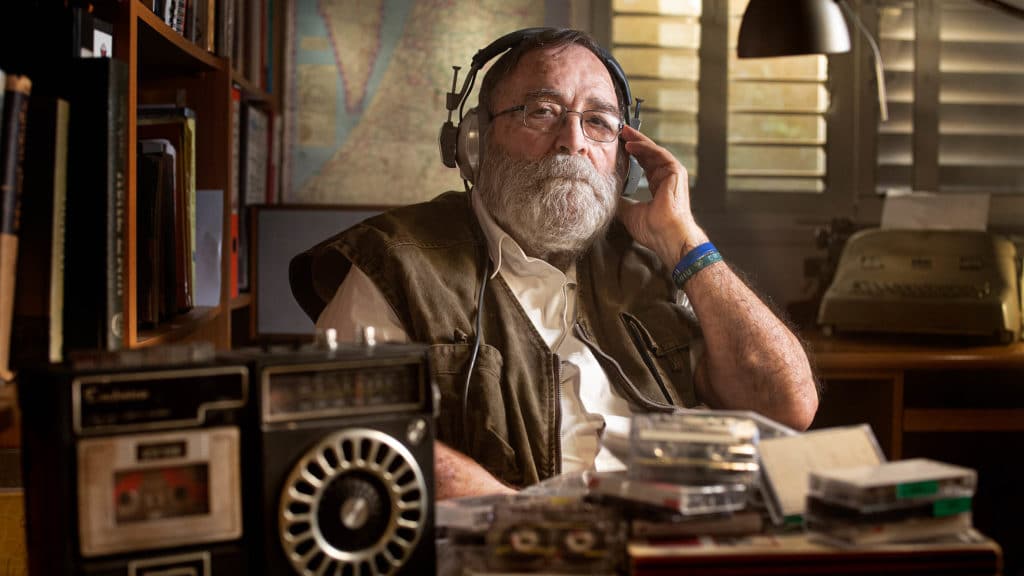
For Israelis, the hard-fought war against the Palestinians in 1948 following the creation of the state of Israel was a war for independence. For Palestinians, who saw their homes displaced and villages destroyed, it was a catastrophe (“Nakba”). Director Alon Schwarz investigates this event through the lens of an alleged massacre of the village of Tantura, both through archival audio testimonies from a grad student in the ’90s and contemporary interviews of former Israeli soldiers who were there. In a world where the Israel-Palestine conflict rages on with no end in sight, and justifiable criticisms of Israel are conflated with antisemitism, Tantura seeks to dig through the discourse and find the truth. And much like The Act of Killing, we’re sure to see the complex mental gymnastics that happen when people are forced to explain away their atrocities. [Clint Worthington]
We Need to Talk About Cosby (U.S., dir. W. Kamau Bell)
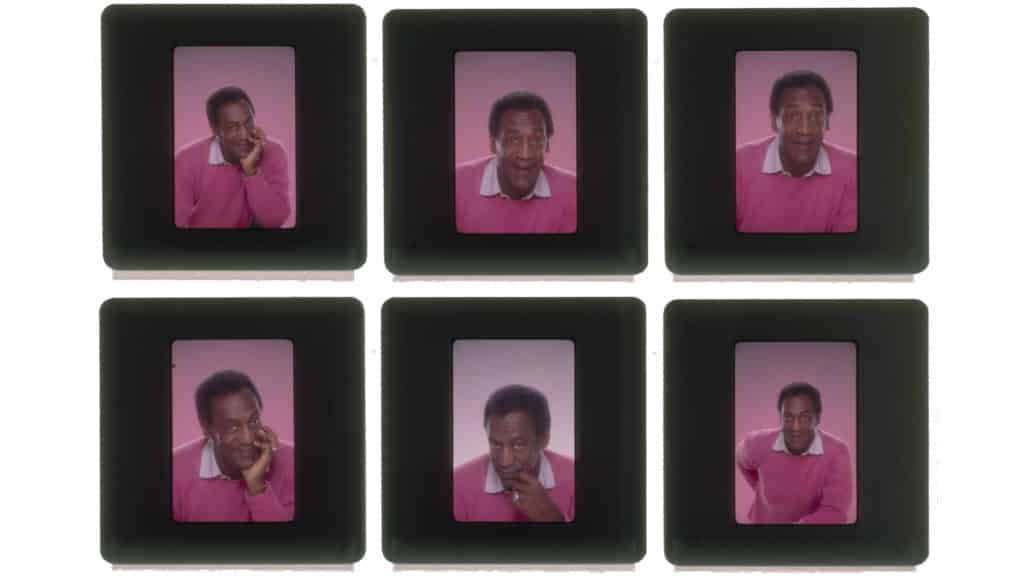
Bill Cosby is one of the most iconic, influential, and important African-American comedians in the history of the form; he’s also (or rather, was until the verdict was vacated on a technicality) a convicted sexual assaulter and alleged rapist who used his influence to prey on dozens of women throughout the years. And so we ask ourselves the same thing we do every time a famous person that means a lot to us gets canceled: What do we do with him, and the art that meant so much to so many? Comedian and filmmaker W. Kamau Bell digs deep into this question for this four-part documentary series (coming to Showtime later this month), interrogating his own personal relationship to Cosby’s art and how to recontextualize it in the wake of all we now know about the man, especially given the man’s titanic place in Black popular culture. It ought to be the most direct interrogation yet of the impact of so-called ‘cancel culture’, and what we make of the art and impact of the men we loved before we learned they were monsters. [Clint Worthington]